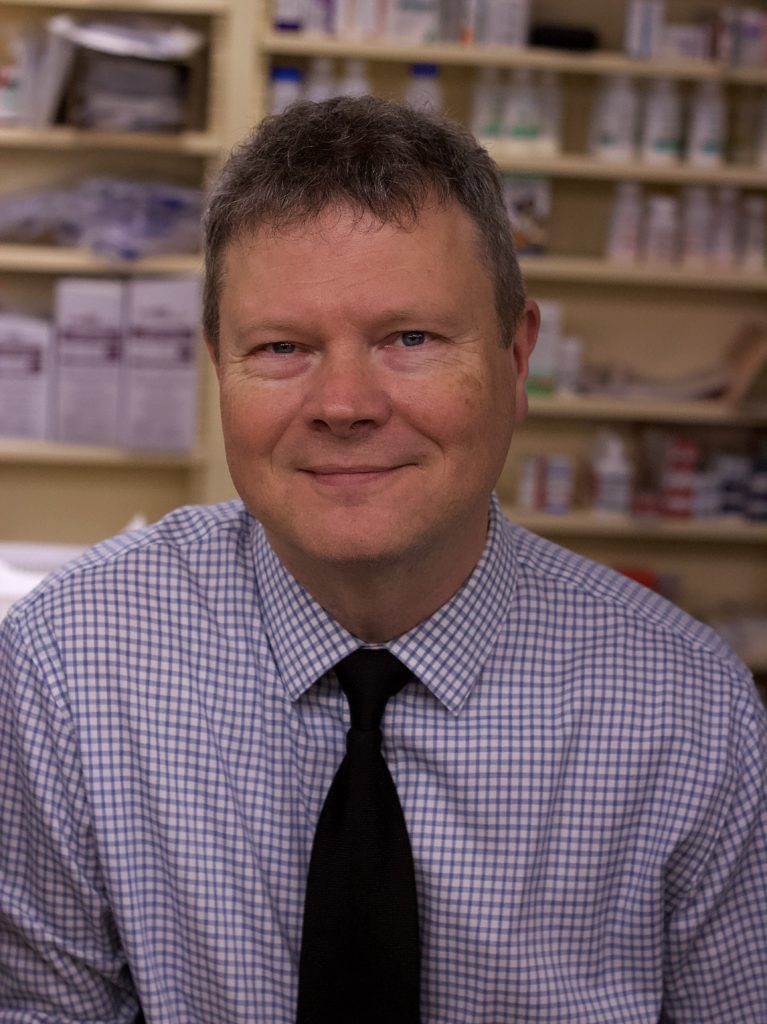Insomnia – why one pharmacist says don’t reach for the sleeping pills
It can be the best or the worst time of day.
From the time we are born it is one of the most important developmental and life prolonging acts we can do along with exercise and diet. It’s a topic I have presented and written on extensively for years as evidence unfolds as to its importance to human life. We need it for our brains to develop and mature normally. As adults we need it to maintain a healthy and long life, writes Graham MacKenzie, author of Healthy Logic.
I am referring to sleep.
Many take it for granted while others find it a frustrating and elusive act. I have spoken to shift workers to discuss how their career may result in a shorter lifespan simply because of scheduling disruption to their sleep.
Often there are obvious reasons we can’t sleep. We may have racing thoughts that get worse when we have less stimulation at night. We may have general anxiety that prevents us from relaxing enough to fall asleep. Perhaps it is restless legs or is caused by a particular medication. Our sleeping space might be too hot, too cold, too bright or too noisy.
Sleep is complicated. There isn’t one common cause that points to the reason we have acute or chronic sleep issues. However, we all know what it’s like to want sleep and not have it happen. As a pharmacist I have realised the desperation that can occur when people are not sleeping. I start by asking my patients what they have tried to help them sleep, what medical conditions they have and any medications they are taking.

With sleep disorders, my approach also involves an investigation of sleep hygiene. Are you going to bed the same time each and every day and getting up at the same time? When you enter the bedroom are you doing so because this is the space in your life where you only go to sleep? Do you go there to watch TV, listen to music, read, talk to your partner about your day, your plans together or your worries? Many use their bedrooms for this and have no issues sleeping, but if you are affected by insomnia, these are issues to leave outside of the bedroom.
If you are not sleeping for 20 minutes or more in the bedroom, remove yourself from that room, engage in a light, non-stressful activity in another room. This could be looking out the window or flipping through a magazine until you feel sleepy again and then return to the bedroom and try again. Ideally, the room should be a favorable temperature, quiet, very dark and free of stimuli.
If you seek a solution in a pill, be aware that many drugs can affect sleep architecture. This is the staging involved in getting to sleep, remaining there and coming out of sleep. There are four stages as you progressively fall into a deeper more regenerative sleep. The fifth stage is REM (rapid eye movement sleep). Ironically, medications prescribed for sleep disorder can prevent your brain from reaching deeper and the more advanced levels of sleep our bodies need. Often, relief comes in simply knowing you slept even lightly, which drives the popularity of this class of medications.
Outside of prescription help, there is some scientific evidence that other products like melatonin work. Low melatonin may also be responsible for restless legs, tense muscles, fatigue, irritability and anxious thinking on awakening. It’s a relatively safe supplement to try with the help of your pharmacist or doctor. Other supplements for sleep include valerian, magnesium, theanine, 5-htp, and diphenhydramine that are sold under many different names. There are varying degrees of evidence here with these products but again, starting a new supplement shouldn’t be done without discussing it with your healthcare provider.
Sometimes the solution is as simple as turning off screens well before sleep, going for a walk outside in the fresh air or staying connected with your healthy network of friends and family. There isn’t a pill I can recommend that has the same far-reaching effects of exercising. Regardless of the treatment, it is crucial to treat insomnia seriously. Seek help and have a discussion with your healthcare team if it happens to you longer than a week or two.
Top 5 takeaways from a pharmacist on insomnia:
- Learn to recognise insomnia and the significance of not sleeping properly
- Insomnia is not a trivial medical condition and needs to be addressed
- Simple non pharmacologic measures are not only a good first start, but they might be all that is needed to resolve the issue
- Don’t try to self-medicate without speaking to your doctor or pharmacist first
- Over the counter remedies, even natural ones may interact with your medications or disease states
Keep your healthcare team involved and I wish you many sound sleeps.